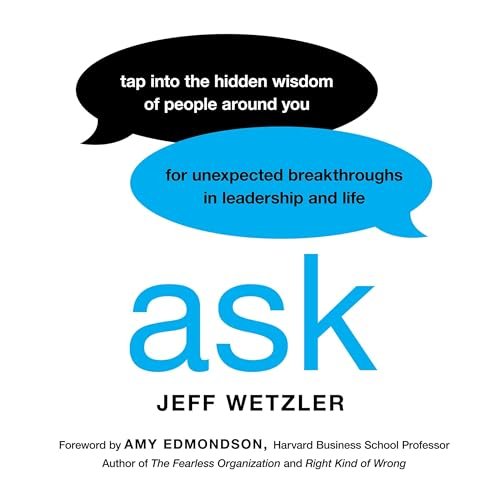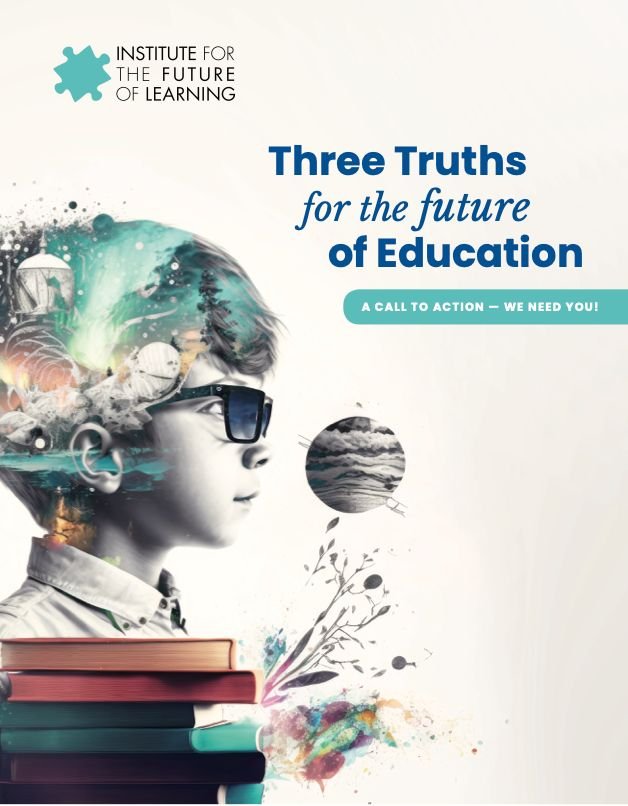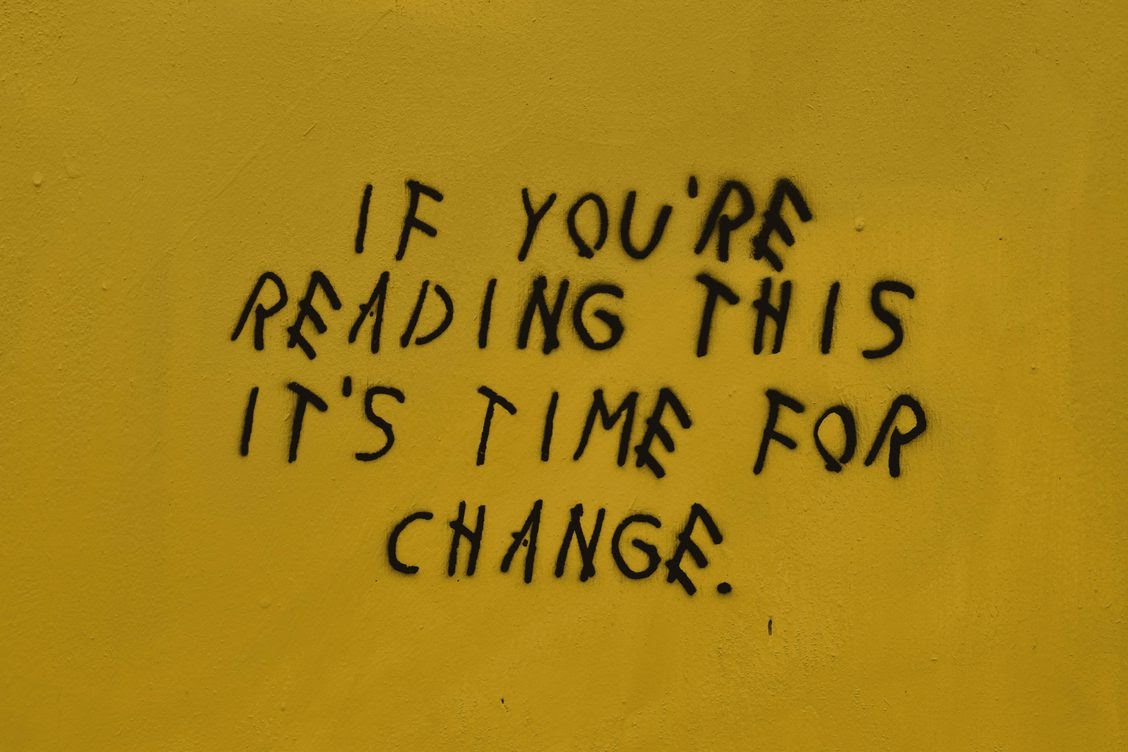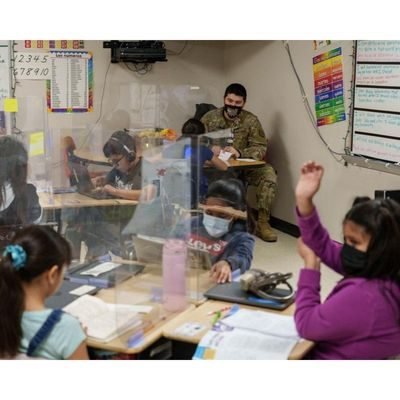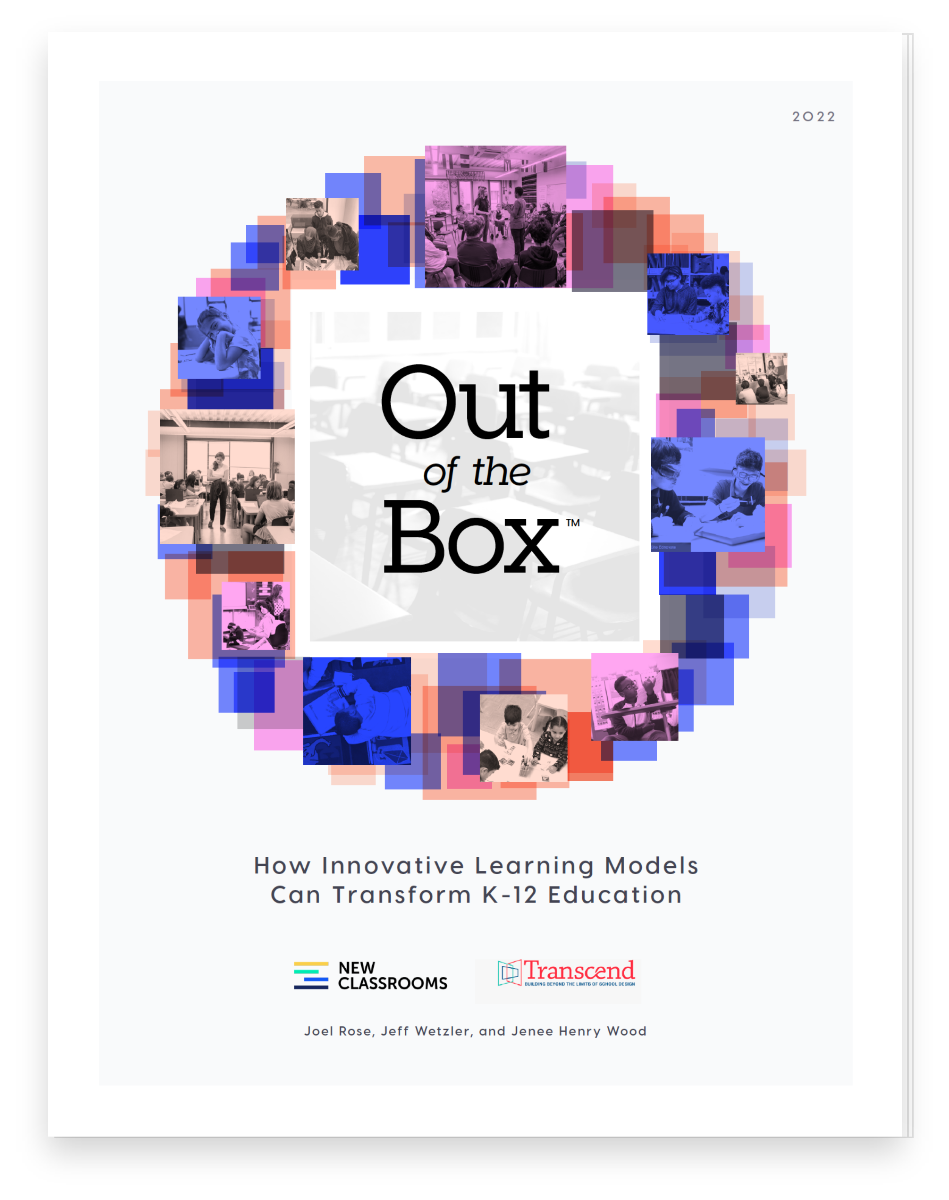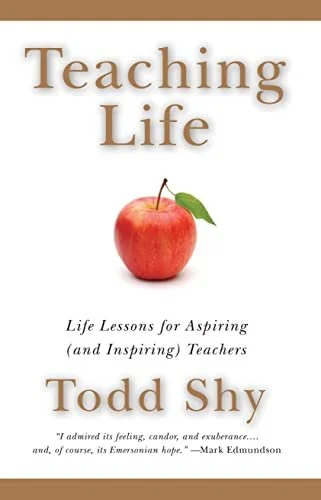A Beginning... by Andrew Alexander
Greetings.
Since 2012 I have written a blog as a way of refining my writing process and consolidating my observations. I am now abandoning the blog and turning to this platform to continue to explore the life that I live and what meaning it might have.
For some months my wife, Maggie, and I have regularly visited one of my brothers who had been suffering from cancer. It had spread from the prostate to the spine and lungs leaving him unable to walk. We visited him in hospital, then a care home, and finally he returned to his own home where he remained bedridden and under palliative care. A month ago our sister-in-law rang to say that his condition was deteriorating and we immediately went to be with him.
When we arrived we found that he was unable to speak coherently and had lost the strength to control his arms and support his head. For some time I sat at his bedside holding his hand, watching the rise and fall of his chest that was all the movement left in his wasting body. Time passed in a strange sense of memories and stark reality. He was the fourth brother of six and was three and a half years younger than me. I left him sleeping.
At half past four the next morning there was a knock on the bedroom door, it was my sister-in-law. I was already awake. She did not have to speak. I went down to my brother’s room. His head lay on his chest as it had the night before but there was no movement. I felt his arm and there was some warmth but no life. All was still.
Last week we had all our family staying with us including our grandson from Copenhagen, who will be three in December. The weather had been hot for a few days and we were able to spend a great deal of our time together outside in the garden of our current home in rural Dorset. For a while a young hare, who must have been born in the wild area of the garden, had been coming closer to the house to eat the grass even when we were all about. Our grandson was enthralled by the creature who he called ‘Kanin’ - Danish for rabbit.
On his final afternoon, our grandson had been playing in the paddling pool and had only his nappy on. Suddenly he broke out into spontaneous movement, circling his hands and arms in front of him, falling to all fours on the grass, snorting through his nose and crouching down to look as though he was nibbling the grass. It was if he was the little hare itself.
Can we divide a life into its component parts, its segregated thoughts and experiences? If we do so, do we not destroy the whole? That continuous round from birth to death and beyond that holds together all that lives.
A few days before my brother died I returned from four days spent with a group of about twenty-five people at an old, grand farmhouse just over an hour’s drive from Madrid. We were there through a shared interest in the approach to learning established a few years ago by Rob Poynton and Alex Carabi under the name of Yellow (yellowlearning.org). Last year I participated in an online discussion group where I presented some writing once a month for five months and we explored the content together. This culminated with a piece for discussion at the Yellow gathering in June last year. All under the title ‘Learning, Knowing, Educating.’
This year I presented the first piece of writing that had grown from that previous discussion, titled ‘Learning, Understanding, Educating: reflections in a time of deep disconnect.’
I am now working on these reflections that emerge from observations and experiences within the context of forty years as a teacher of children from the age of seven to nineteen. These are set against the background of my own learning which continues today and will do so as long as I am alive. My schooling from 1960 to 1969 encompassed five years in the privileged arena of a brutal boys’ preparatory school followed by four years at a boys’ public school which at that time was slightly more enlightened than many. Most of my work with young people was spent at three independent, informal coeducational schools in the UK.
I intend for this Substack to form an integral backdrop to the reflections I am aiming to publish as a small book later in the year. In the approach that Yellow has to its gatherings there are no expectations other than an open mind. No preconceived outcomes other than what will emerge will emerge, and no sense of ownership other than the fact that I am another human being finding their way through this life.
Whatever this life may be.



